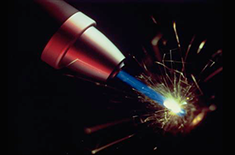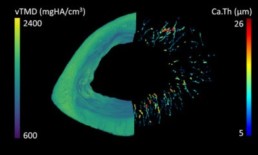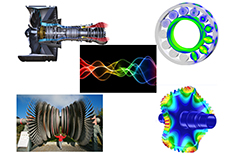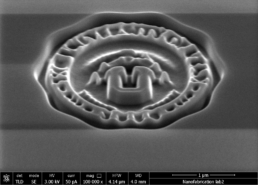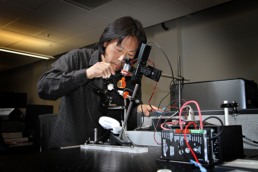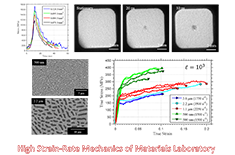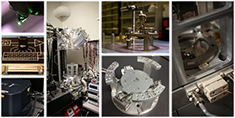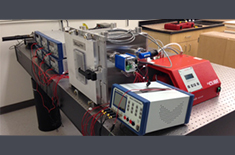MS Non-Thesis Focus Areas
MSNT students are required to have a focus area for their studies. These focus areas are designed to help guide graduate their coursework. You can find more information about each focus area below.
Advanced Manufacturing
Examining materials produced using innovative technologies, and the leveraging of innovative technologies to create existing and new products.
Aerospace
Fundamental and system-level research toward next-generation aerospace and aeronautical systems.
Biomechanical Engineering
Applying mechanics to biological systems, including the study of how the human body responds to the application of force.
Computational Mechanics in Mechanical Engineering
Developing mathematical models to represent physical phenomena and applying modern computing methods to analyze these phenomena.
Data Science in Mechanical Engineering
Developing and applying machine learning and artificial intelligence to generate new models and learn governing equations using simulated or physical data sets.
Environmental Fluid Dynamics
Studying the properties of the Earth’s atmosphere and its relation to the science of fluid dynamics, including large scale simulations and field experiments.
Micro/Nano
Investigating problems related to micro/nano scale materials, devices, biological systems, and phenomena occurring at the micro/nano scales.
Robotics
Researching design, construction, operation, and use of robots with strong collaboration between Computing and Mechanical Engineering.
- Suggested Curriculum
- Track Requirements: ME Robotics Track students should satisfy robotics degree requirements
- Researchers
Solid Mechanics
Characterizing, designing, and predicting mechanics of soft and hard structures.
Sustainable Energy
Developing clean energy systems, including direct energy production, energy storage, and the integration of energy efficient technologies.
Systems Engineering
Developing, analyzing, optimizing, and managing complex engineered systems to improve their productivity and efficiency.
Thermal Science
Studies of thermodynamics and heat transfer physics in a wide range of length and time scales that impact engineering and biological applications.
Custom Focus Area
Focus areas that don’t match with the areas above can be approved on a case-by-case basis. Contact your graduate advisor for more details.
